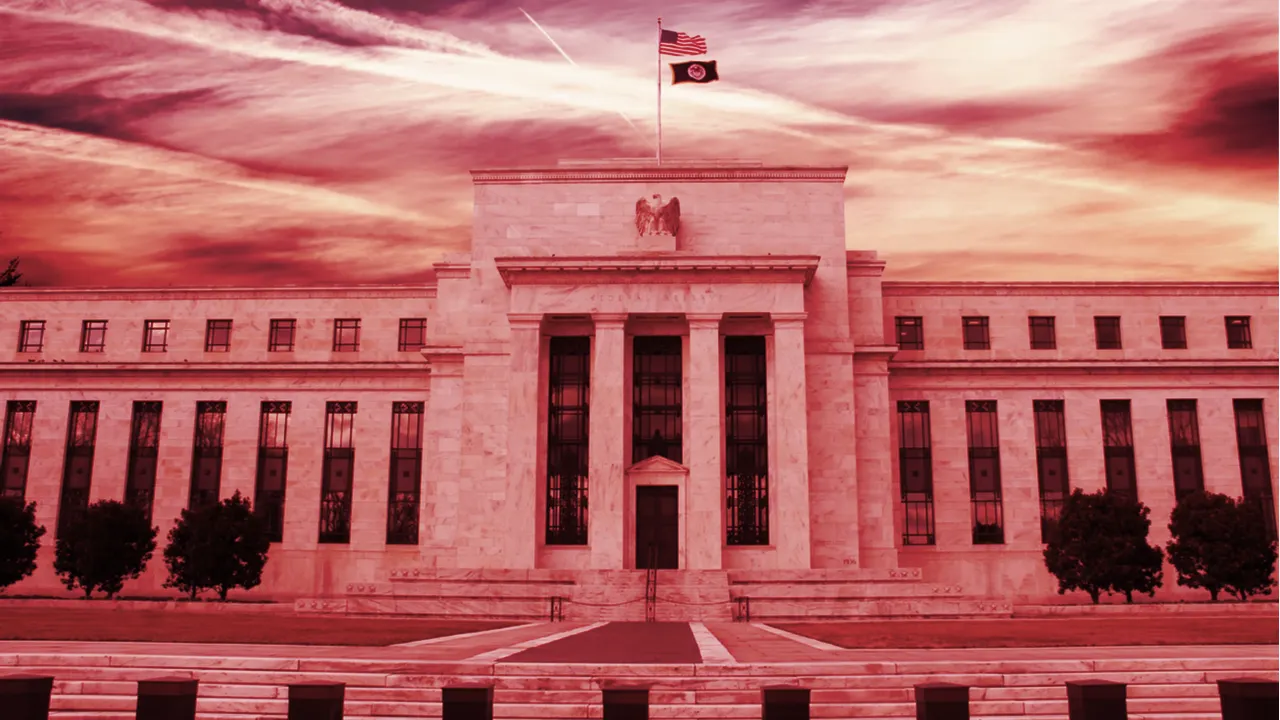Earlier this year, the three top U.S. banking regulators—the Federal Reserve Board of Governors, the Federal Deposit Insurance Corporation (FDIC) and the Comptroller of the Currency (OCC)—finished several "policy sprints" designed to ready the country for crypto banking regulations.
Now, the agencies are ready to stretch their legs and run a marathon.
In a joint statement today, the Fed, FDIC, and OCC set an ambitious agenda for 2022 related to cryptocurrency, with issues such as stablecoin issuance by banks and financial institutions taking custody of crypto assets set to be decided.
This year's sprints sought to solidify vocabulary, explore risks, identify existing regulations, and reveal gaps. As part of that effort, the agencies touched upon banks taking custody of crypto for clients, helping them buy or sell it, using digital assets as collateral for loans, and allowing stablecoins for payments.
But the exercise intentionally left more questions than answers, primary among them: Which of these activities should we allow or encourage?
@federalreserve @FDICgov @USOCC issue joint statement on crypto-asset policy initiative and next steps: https://t.co/3wGwBsZ7C0
— Federal Reserve (@federalreserve) November 23, 2021
There's little certainty on where these conversations will lead. Acting Comptroller of the Currency Michael Hsu hit the pause button on crypto-friendly regulations set by his predecessor, Brian Brooks, who took the government job in between executive stints with crypto exchanges Coinbase and Binance US. In May, Hsu told Congress that the OCC's actions, including providing cryptocurrency companies with banking licenses and allowing banks to issue stablecoins, "were not done in full coordination with all stakeholders, nor do they appear to have been part of a broader strategy related to the regulatory perimeter."
Hsu's comments set the stage for the policy sprints, allowing the agencies to reset under the new Biden administration.
While Brooks-era provisions are technically under review, Biden's nominee to head up the OCC full time, Saule Omarova, could seek to rewind them if confirmed. The Cornell Law professor has said that cryptocurrencies' increasing significance is "benefiting mainly the dysfunctional financial system we already have."
On the flip side of the digital coin is Jelena McWilliams, chair of the FDIC, which is known for its role in safeguarding Americans' bank deposits. "My goal in this interagency group is to basically provide a path for banks to be able to act as a custodian of these assets, use crypto assets, digital assets as some form of collateral," she declared at the Money20/20 conference in Las Vegas last month.
Which leaves the Federal Reserve, led by the recently renominated Jerome Powell. Powell has repeatedly insisted that stablecoins should be regulated like money market funds and bank deposits.
And the predominant view is that stablecoins are in regulators' sights.
In November, the President's Working Group on Financial Matters—which includes the chairs of the Fed, Securities and Exchange Commission, the Commodity Futures Trade Commission, and Treasury Secretary Janet Yellen—issued recommendations alongside the FDIC and OCC calling for stablecoins to be regulated as banks.

